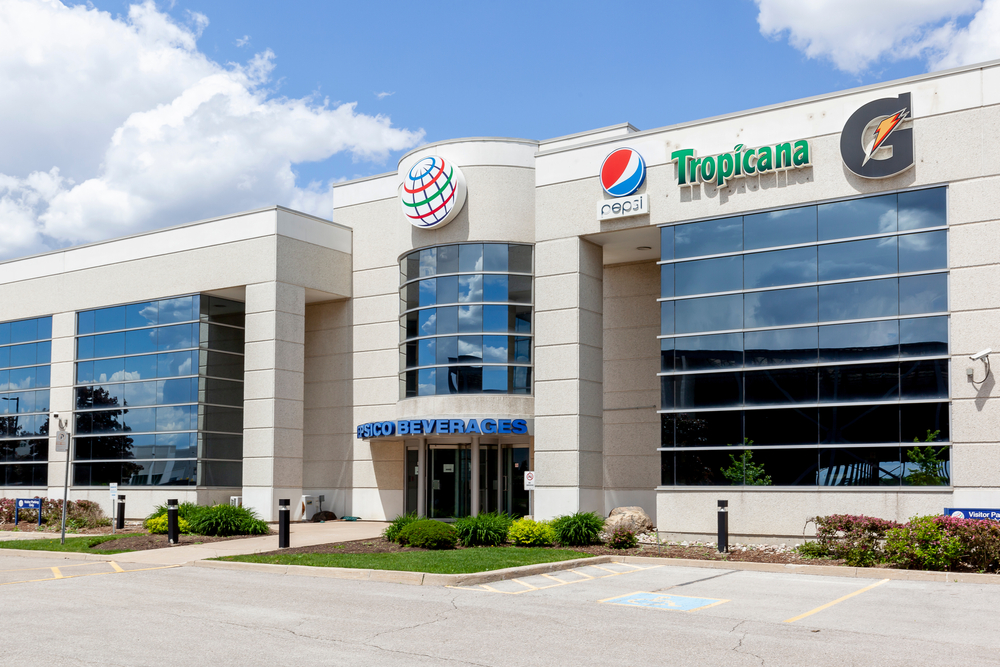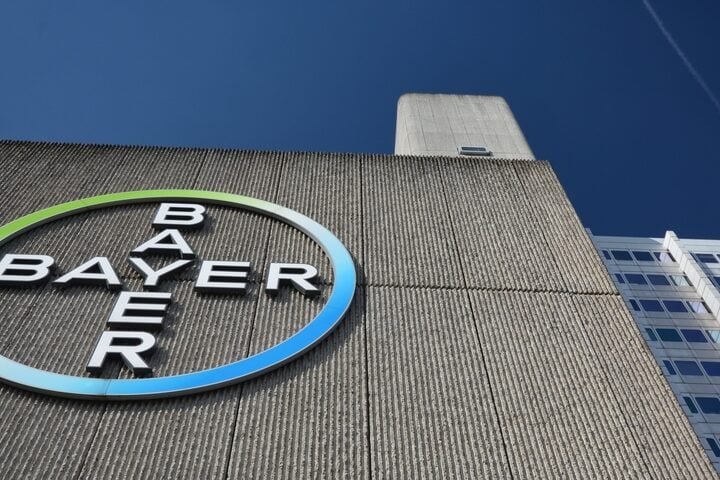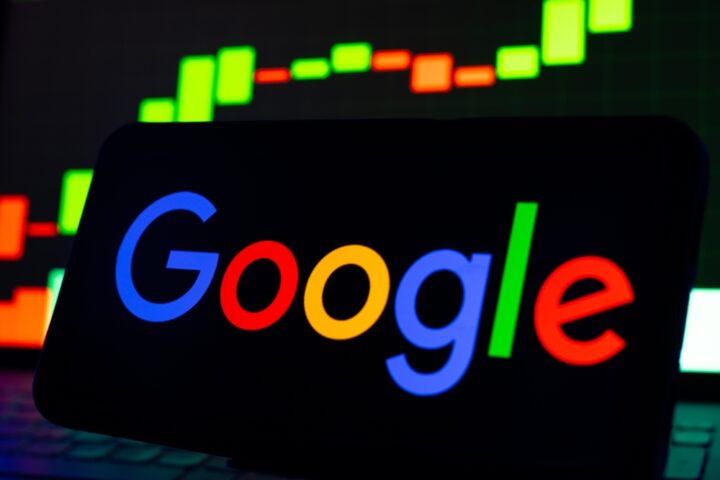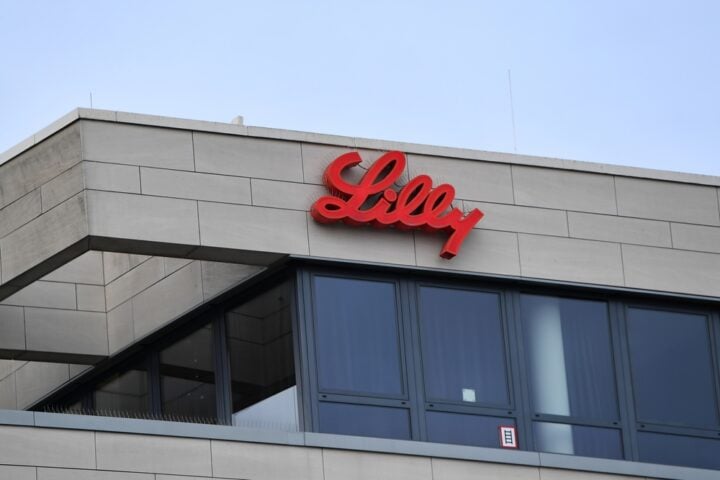PepsiCo, the global food and beverage giant, reported mixed quarterly results on Thursday, as international sales helped offset weaker demand in North America. Despite posting higher-than-expected revenue, the company lowered its forecast for core constant currency earnings per share, citing new tariffs, economic volatility, and a cautious consumer outlook.
Tariffs and Economic Volatility Weigh on Earnings
CEO Ramon Laguarta commented on the growing uncertainty, stating, “As we look ahead, we expect more volatility and uncertainty, particularly related to global trade developments, which we expect will increase our supply chain costs. At the same time, consumer conditions in many markets remain subdued and similarly have an uncertain outlook.”
The announcement sent PepsiCo’s shares down by 2% in premarket trading, signaling investor concerns about the company’s future performance.
First-Quarter Results
PepsiCo’s first-quarter results were a mixed bag. The company reported earnings per share (EPS) of $1.48, which slightly missed analysts’ expectations of $1.49. Revenue, however, exceeded expectations, coming in at $17.92 billion, surpassing the expected $17.77 billion. The company’s first-quarter net income fell to $1.83 billion, or $1.33 per share, down from $2.04 billion, or $1.48 per share, a year earlier.
Weak Domestic Performance
PepsiCo faced challenges in North America, particularly in its food and beverage segments. Volume for its convenient foods unit dropped 3%, while beverage volumes remained flat. The domestic food business saw a 1% decline, and its North American beverage unit saw a 3% volume drop. The company acknowledged that consumers have become increasingly value-conscious, with inflationary pressures affecting purchasing behavior.
Strategic Initiatives to Drive Growth
In response to these challenges, PepsiCo is taking several actions to boost performance in North America. The company is focusing on expanding its multicultural and functional product offerings, such as Simply, Sabra, and Siete brands. Additionally, PepsiCo recently acquired Poppi, a prebiotic soda brand, and plans to expand its protein-based product offerings to cater to consumers using GLP-1 drugs.
PepsiCo is also prioritizing natural ingredients, aligning with the FDA’s move to phase out synthetic dyes by the end of the year. Brands like Lay’s and Tostito’s will eliminate artificial colors by 2026, with 60% of Pepsi’s products already free from artificial dyes.
Outlook and Future Plans
Looking forward, PepsiCo has revised its earnings forecast for the year, now expecting core constant currency EPS to remain roughly unchanged from the previous year, down from its earlier projection of mid-single-digit growth. The company reiterated its outlook for a low-single-digit increase in organic revenue, reflecting continued uncertainty in the market.
Despite these challenges, PepsiCo’s North American businesses did see some bright spots. Pepsi Zero Sugar gained market share, and snacks like Miss Vickie’s chips and Quaker’s rice cakes showed net revenue growth, providing a glimmer of optimism in an otherwise tough quarter.
Overall, PepsiCo remains focused on adapting to shifting consumer preferences and navigating the impact of global trade uncertainties, with a renewed focus on natural ingredients and health-conscious offerings.







